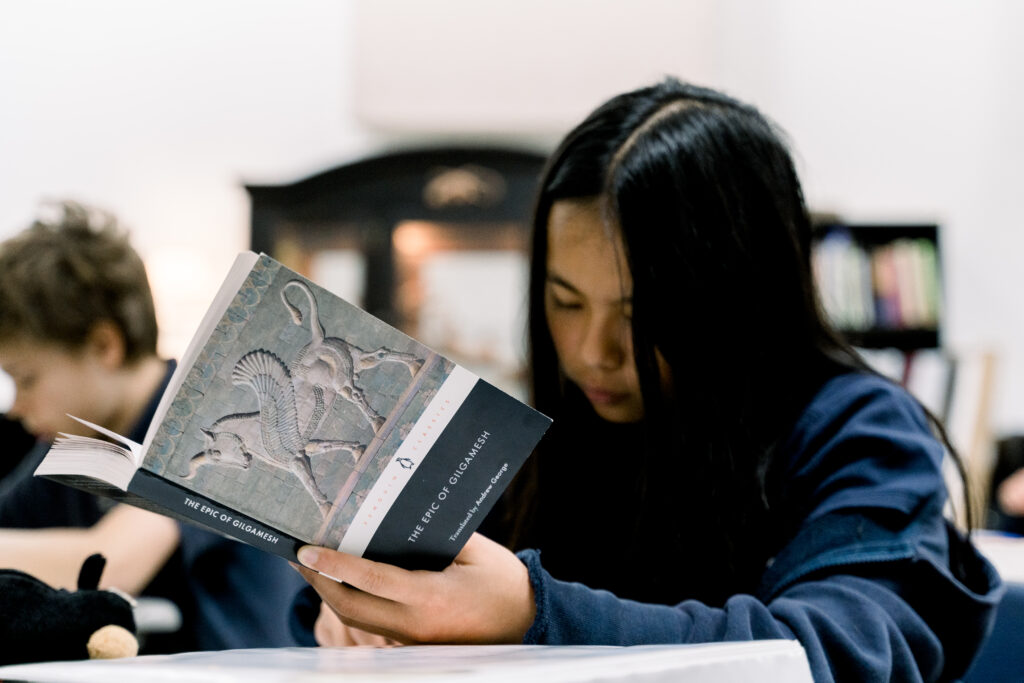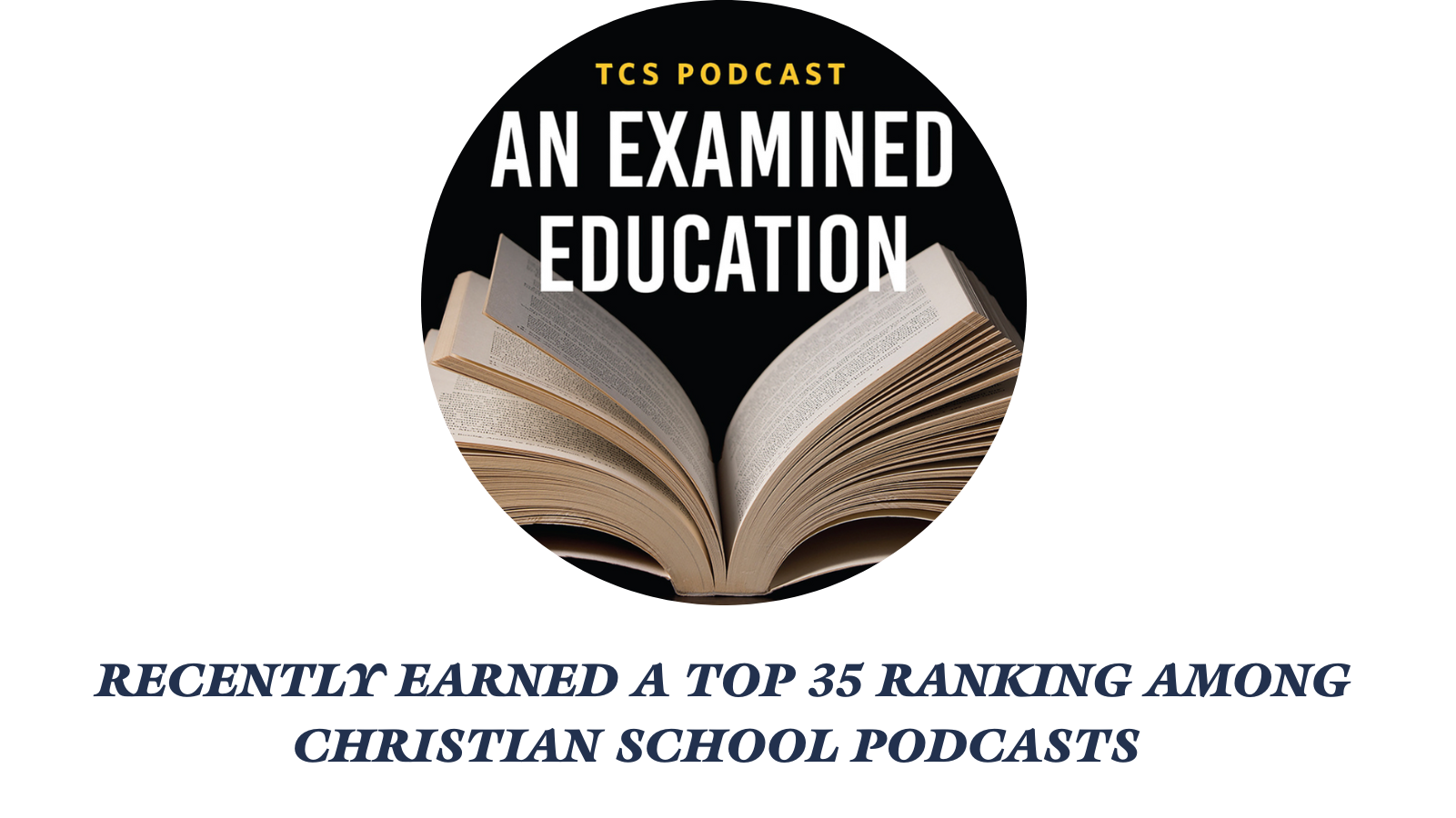
Introduction
Step into the world of literature with us at Cambridge as we explore the timeless epic, “The Epic of Gilgamesh.” In this blog post, navigate the profound humanity embedded in this ancient masterpiece, uncover the hero’s journey, and ponder age-old questions about the essence of being human. Embark on this exploration, where the intricate layers of wisdom within Gilgamesh’s narrative unfold. Observe how this epic poem serves as a guide for self-discovery and understanding in our 7th-grade syllabus.
The Hero’s Journey in 7th Grade Literature
In our 7th-grade literature curriculum, we focus on the hero’s journey, a plot structure that follows a hero’s transformative journey from the ordinary to the extraordinary. Students resonate with this narrative framework as they contemplate their own journeys of venturing beyond familiar realms – whether facing academic challenges, making personal discoveries, or navigating uncharted territories. This relatable framework deepens their understanding of literature as they empathize with characters undergoing similar trials and tribulations.
The Epic of Gilgamesh: An Exploration of Wisdom
At the heart of our exploration is “The Epic of Gilgamesh,” the oldest surviving literary work. This epic poem narrates the story of Gilgamesh, a demigod king, on a quest for wisdom and meaning. As students analyze Gilgamesh’s journey, they are prompted to reflect on the shared human experience across time. What were people thinking about the essence of being human back then, and how does it resonate with us today?
Embracing Failure on the Path to Wisdom
Gilgamesh’s character serves as a mirror for our students, reflecting their own struggles with impulsiveness and the desire for fame and glory. Witnessing Gilgamesh’s journey allows students to grapple with the importance of failure in the pursuit of wisdom. It teaches humility, urging recognition of limitations, shortcomings, and failures on the journey to genuine understanding.
Gilgamesh and a Christian Perspective
Though “Gilgamesh” lacks a Christian context, we present it to students, as it poses questions about leading a meaningful life. From a Christian perspective, the poem offers insights into the meaning of life in the face of mortality. Christianity envisions an afterlife, unlike Gilgamesh’s finality. However, both provoke reflection on living amid the impermanence of earthly pursuits.
Conclusion
As our students navigate the rich narrative of “The Epic of Gilgamesh,” they are encouraged to think beyond the present moment and consider the bigger picture of their lives. The lessons learned from Gilgamesh’s journey shape their understanding of who they want to become, laying the groundwork for a thoughtful and purposeful approach to life beyond the confines of the classroom.
The collective reading experience, guided by experienced educators, fosters a shared vulnerability among students. Literature, in this context, becomes a tool for self-discovery and communal understanding.
Resources
Interested in hearing more? Cambridge’s very own, ‘An Examined Education,’ recently earned a top 35 ranking among Christian School Podcasts! Be sure to listen to our newest episode which further unravels the depths of humanity through the lens of “The Epic of Gilgamesh.”
Schedule a tour today to witness firsthand the layers of wisdom and humanity embedded in our literature curriculum.
